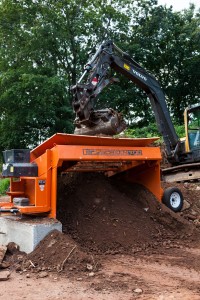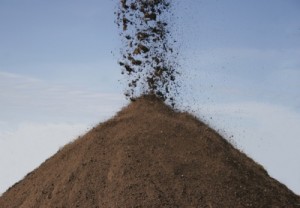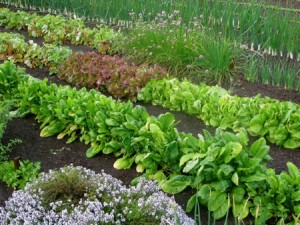 Sifting soil is essential for landscaping, farming, gardening, and several other applications. Even if you are screening soil for a small garden, this can be a daunting task without help. Large-scale mechanical aid is necessary to tackle a more significant sifting project. A heavy-duty screener will sort out all the stuff you don’t want, like rocks, gravel, and plant debris. The goal is to leave you with high-quality topsoil that works well and looks great anywhere. If you are looking for a big-time soil sifter and need it for more than a one-time rental, you can find these machines at reasonable prices online. New technology has made soil screeners more effective than ever, and prices have been dropping. If you are in the market for a dirt sifter, check online first.
Sifting soil is essential for landscaping, farming, gardening, and several other applications. Even if you are screening soil for a small garden, this can be a daunting task without help. Large-scale mechanical aid is necessary to tackle a more significant sifting project. A heavy-duty screener will sort out all the stuff you don’t want, like rocks, gravel, and plant debris. The goal is to leave you with high-quality topsoil that works well and looks great anywhere. If you are looking for a big-time soil sifter and need it for more than a one-time rental, you can find these machines at reasonable prices online. New technology has made soil screeners more effective than ever, and prices have been dropping. If you are in the market for a dirt sifter, check online first.
If you enjoy gardening or working on a farm, you know that debris in the soil can make things complicated for plants. It is easiest for sprouting plants to push through soft topsoil that is not clumped or loaded with rocks. This topsoil is also easier for people to work with as the growing process occurs throughout the season. If you have ever become sore from digging around in rough soil, you know plenty about this critical benefit. A soil sifter can take care of your screening needs quickly, and they are also a snap to use. You put the gravelly soil on a screen and sort through, allowing the fine soil to sift through while the clumped material remains above for easy sorting. A vibrating screen makes this feasible for large projects by completing the sorting step.
 A soil sifter is a great tool for utilizing otherwise unusable dirt. Large-scale landscapers can save a lot of money by making their quality soil from low-grade, nearby sources. Then, you can use them to sort through the gravel with the proper screen size. You can create coarse or fine gravel by changing screens, depending on your needs. On projects such as these, a screener will pay for itself immediately and save a ton of money over the long term.
A soil sifter is a great tool for utilizing otherwise unusable dirt. Large-scale landscapers can save a lot of money by making their quality soil from low-grade, nearby sources. Then, you can use them to sort through the gravel with the proper screen size. You can create coarse or fine gravel by changing screens, depending on your needs. On projects such as these, a screener will pay for itself immediately and save a ton of money over the long term.
Another benefit of using sifters is the aeration of the soil. Loose, aerated dirt is excellent for plant growth because it aids in both air and water movement. Aeration is also essential for the bacterial decomposition that results in humus. Screening dirt leads to healthy plants, bacteria, and topsoil. You can also sift through compost to ensure that the largest material is left out or given more time to decompose. An important tip is to screen your soil when it is dry. Wet soil will clump together easily and even gum up the screen, which could be a hassle.





Leave a Reply